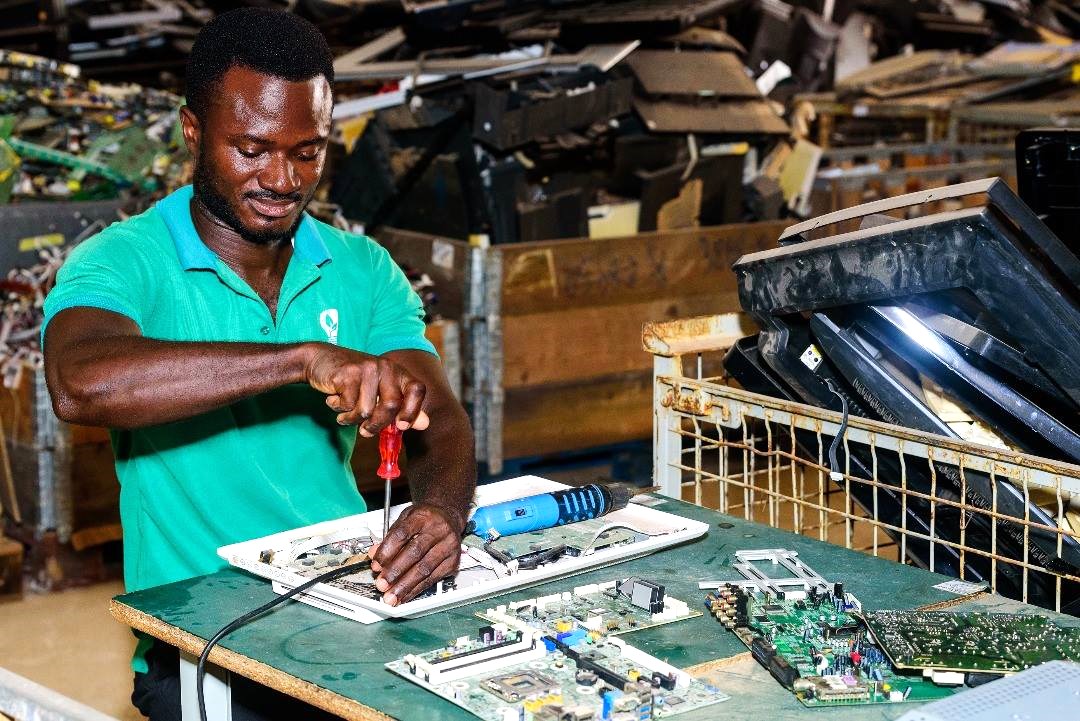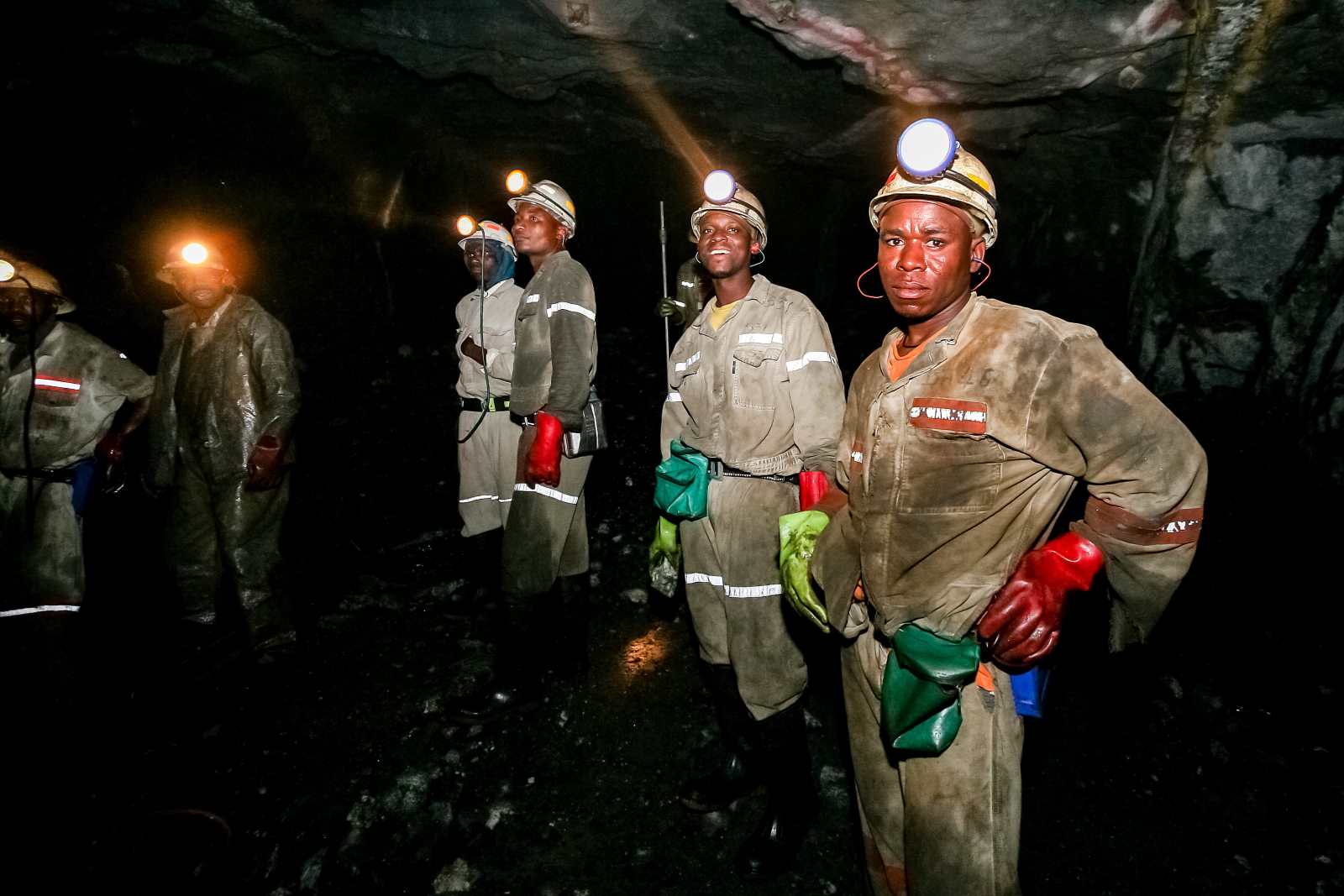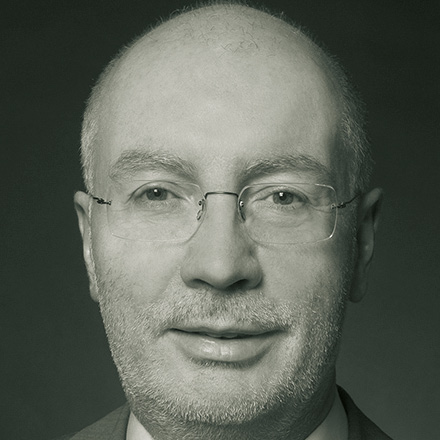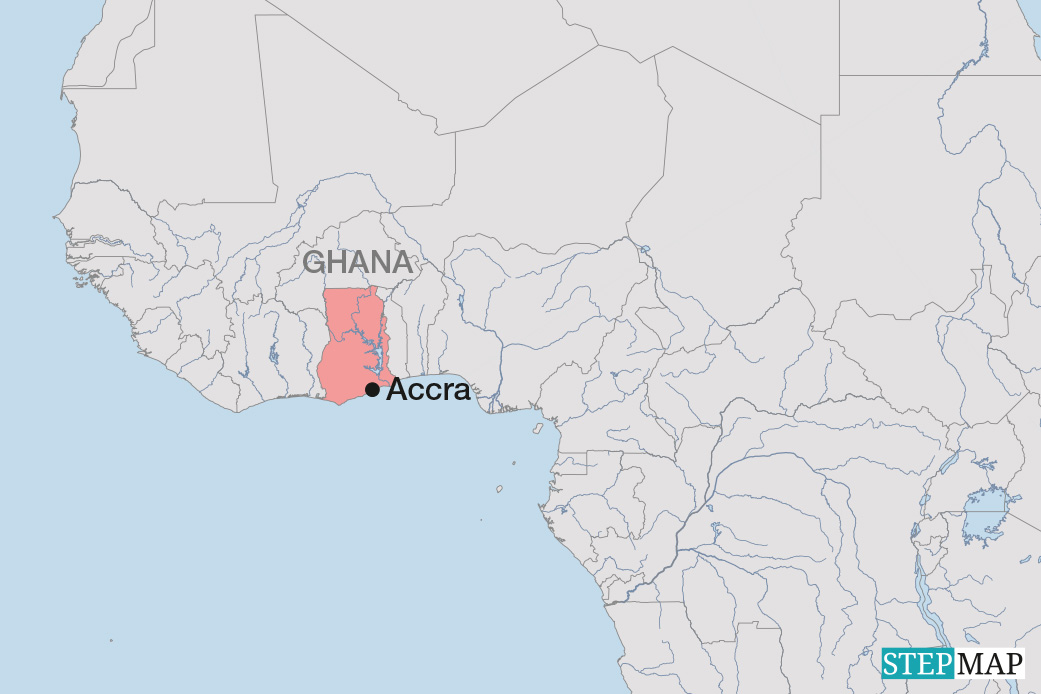Value chains
Promoting the recycling economy

bleMany materials that are discarded can be reused in economically sensible ways if value chains are created. Over 20 small businesses have been registered in Bo since 2013 and have joined forces in a “waste-to-wealth” interest group. The local recycling sector is becoming an attractive and dynamic field:
- pots, figurines and fashion trinkets are made from aluminium;
- paving stones are made from plastic and sand;
- ropes are made from plastic bottles;
- discarded plastic bags provide material for new handbags;
- new clothes and tote bags are made from fabric remnants;
- organic waste is turned into valuable compost fertiliser or formed into biochar briquettes, which are a substitute for charcoal; and
- old tyres are made into sandals, fan belts or scoops.
The promotion of recycling has resulted in strong local demand for reusable materials, making waste collection and separation economically attractive. Waste producers – including private households, businesses or restaurants – appreciate the opportunity to sell sorted waste to recyclers. Prices are rising. People who recycle plastic and soda cans have even started to buy recyclables from neighbouring cities. The market is taking on the form of an auction. There are currently 26 specialised waste traders operating in Bo.













